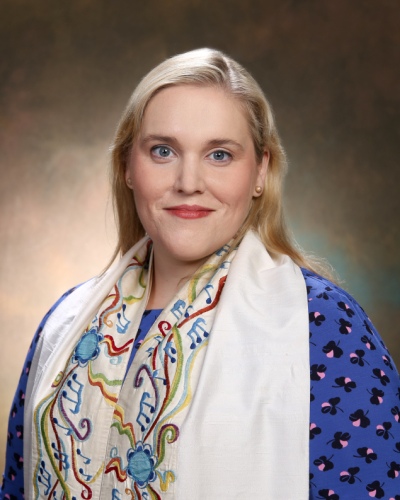I’m writing today from a cozy spot in the heart of Manhattan. Several times a year, I make a one or two day pilgrimage to New York City to visit my voice teacher and have a tune up, so to speak. Congregants are often surprised to learn that I still take voice lessons and are even more surprised that I remain with the same teacher after nearly 8 years, working together over skype and in person. I usually ask in response, “Do professional athletes have coaches? Do you think they have trainers?” Of course they do and so must professional singers.
I stood in Candace’s studio, just an hour or so ago, and as we started the familiar exercises, I was flooded by memories. I remember the first time I sang in this room. I remember the endless hours of frustration. I remember the successes. Those memories and feelings immediately call forward memories of the other parts of my life during those early years, the years when I spent one hour a week in that room and countless more practicing. I think of friends and school and work and commuting and dreaming about what the future might hold. Outside of the window, I notice that the sign across the street has changed, and I am back to the present.
My spot behind my teacher’s piano is one of the places where times collapses. Suddenly, all that was, was imagined, or might still come to be comes together into a single point of focus. I am, somehow, more myself and my potential self is more fully realized. These are deep memories – they are experiences that formed me and help me remember my past and to imagine my future.
Rabbi Abraham Joshua Heschel wrote in his work The Sabbath that Shabbat is when we “collect, rather than dissipate time.” During the week, we dissipate time. We annihilate time as we race from one obligation to the next, focus on meeting our needs and the needs of those around us: gym, groceries, emails, meetings, deadlines, and alarm clocks.
But on Shabbat, moments are stretched longer and conversations linger. We are taught that shabbat is a mystical folding-in of all that was, is, and might come to be. Shabbat is a time when we sense the eternality of our people. When, if we stop long enough to tune-in, we feel the sanctity of lives lived before our own and lives that are yet to be. This is an awareness gained from slowing down, sitting back, and listening deeply that assures us that we are not alone, never have been, and are part of a great history past and story yet to be written. Shabbat is our collection of these moments, stacked one a top the other into a deep trove of memories and experiences.
This week’s Torah portion is Va’eira. It is both a memorable and challenging Torah portion, where the first 9 of the 10 plagues are exacted upon the Egyptians. Rabbi Dreyfus explores some of the difficulties with studying the suffering endured by the Egyptians as we went through the process of being wrested from our enslavement. I often think how much easier it would be to read this text, not as history as so many do, but as spiritual drama designed to link us viscerally to our very own story. The trials of the story, when read deeply, trigger a willing suspension of disbelief and allow us to be flooded by the memory of our people and to live our lives in such a way that our people’s history becomes our own story.
I haven’t seen Selma yet – but I will. I’ve heard that it is powerful and that the images, ideas, and events linger for hours after you’ve left the theater. Movies, music, architecture, paintings, theater – all art and everything we experience with our senses – has the power to trigger deep memories. A song may remind us of our grandmother’s hands, a smell of what it was like to feel very small, but very loved, and the feel of the pavement beneath our running shoes what it is to believe we can catalyze change. Our senses, as much as our intellect, can help us to access our deep memories and empower us to be who we are meant to be, not only who we happen to be right now. As we prepare for Martin Luther King Jr. weekend, may we seek ways to access our deep memories and may we find the courage to live our own story and to help to write the story of our people and all peoples with justice, righteousness, and holiness.
~Cantor Mary Rebecca Thomas




